pic by Yasser Booley
by Kim Winter
Miyere ole Miyandazi was born in Nakuru, Kenya. He is a Maasai Warrior and social activist. His journey, uniting fellow activists, artists and friends is called the Maasai Mission and the Ultimate Walk for Humanity. Miyere left Kenya in 2004 travelling by foot to Cape Town and is currently planning on walking back up to Cairo.
Mahala: Miyere, you said you have been working on the Ultimate Walk for Humanity this weekend – Are you busy raising money at the moment?
Miyere: It is not really about money or extending a hand or bowl of begging. It’s about awareness. Money has never done anything for the continent, for the people. It changed nothing. Consciousness needs to change because this is where we see a lot of corruption.
So, is the Ultimate Walk for Humanity purely based on raising awareness?
We aren’t rehearsing our life’s journey. But have we been walking it consciously? And what will be the result? Consciousness is waking up. All around the world. How do we harness that, how do we become partners?
The resentment in our souls makes us fear each other but the time has come now for the Ultimate Walk. Look around, look at the recession, we know for sure these thing are not new, they divide people.
Ok, lets go to the beginning Miyere, how did you come to be in South Africa?
When I talk about the Ultimate Walk and the Maasai Mission, and breaking down the boundaries that divide us, those imposed barriers, it includes names. I don’t believe there is a country called South Africa. I really don’t.
How can we break down barriers based on prejudice? These boundaries were made by people making these decisions without thinking about the impact. And that is why we see what is happening on the continent today. So me coming down here was really to learn but also about inviting the world to see how we are being subjected to abuses that are not being exposed.
Cape Town was my first stop. This was the first phase of the mission – get as many contacts as possible, co-operate with other activists and be where parliament is. The main reason was to highlight the plight of the minority people from East Africa and especially the Maasai people…
You said that building connections was the first phase, so what’s the next phase of your mission?
To expose the fact that minorities are not being allowed to lead their own unique journeys.
Which different minority groups have you worked with here in South Africa?
We have worked with the Bushmen in the Kalahari and formed a lot of different forums within communities. Here in Durban we’ve been working with the Zulu people over land issues.
I’ve been working with street children, who are really a minority. Using the Maasai vision to honour these children and give them a chance to regain their dignity.
NGOs mostly rely on foreign support which is not sustainable once that foreign support pulls out. This goes back to the beginning about money. The first way to solve a problem in a community is to look at the community itself. We have a long way to go.
So, it is an issue of empowering people to empower themselves?
Yes, but the thing is we are already empowered. We have each other. We have land, water, air, and we can make fire. We have these elements of life. But it’s about land. That freedom to move as your ancestors did.
We need to liberate people into understanding the value of what they already have. It is sad to see African people selling their land and going to work in Europe because they can make money. I can’t understand this. You are leaving your land which is a part of you. Going somewhere you can’t even own land or grow your own things. Where you have to depend on supermarkets.
I trace back troubles we see today to the partitioning of the continent. If we continue to invest in these borders that we cannot define, it’s blood.
What is your vision for the Ultimate Walk for Humanity?
We are walking from the Cape to Cairo. Saying that Africa is home to everyone. With this journey I’m hoping the world will come back home and get ancestral blessings! We are not finding each other, just seeing reasons to fight. Manufacturing arms everyday. Making fences and separating each other.
The Ultimate Walk for Humanity really asks people – what is your Ultimate Walk?
Your fingerprint in this world is the only one. Where does it fit into this puzzle called life? What we have been doing is competing, living in a world of competition – but why? Why have we been competing, for what?
The Ultimate Walk for Humanity links people all over the continent and all over the world that have never been exposed, never even been heard – but they are there.
The route will be informed by finding support for these institutions that are special. Ones that take in children with disabilities. Clinics in the Congo, villages where women and children are raped – just to bring this out and see what the world thinks about it. We will come back home and see.
You are asking people to look at themselves, and ask questions about their place in the world?
Yes, their purpose in life, their responsibility. Stop being led by ego. Stop living in fear. Fear is the worst thing. Fear is one of the biggest obstacles facing this country.
Not only this country but all over the world. Look at the World Cup and the amount of people that really were surprised and thought “Wow, this is Africa!”
This is an opportunity for us to give the world a positive outlook on the continent, on its people and our intentions.
“We” is my society, my community, culture, and myself – I know I represent millions and millions of people. I represent my ancestors. My fingers are my great, great grandfather’s. My eyes are my mother’s. It is not only me.
“We” to me is the walking together, knowing that we come from the same root. When we talk about the African continent and humanity, we come from the same root. We are all human beings. That’s the world walking together.
How long is the journey going to take?
People always ask that and we always tell them humanity plans and when it doesn’t happen we get disappointed and angry. So our destination is about breaking down barriers and borders – about self-defined peace!
When I can move without carrying what has been imposed on me, then I will be at peace. I think the Ultimate Walk for Humanity, its destination, is when we are able to see each other as people. See each other as people and walk together knowing that the future depends on us.
As Mandela once said – “It’s all in or hands!”
And he’s been through it all. He might have done some things that I don’t agree with but he has taught us. That man really put across that it is in our hands, and what are we doing with it?
Are we just going to celebrate him and not take his journey seriously? That would be betraying him – as we have so many other people who stood for liberation. We have betrayed them in many ways. We can’t continue preaching the person without living what they asked us to do. Gandhi said “be the change that you want to see in the world”.
Interview by Kim Winter & all images © Yasser Booley.




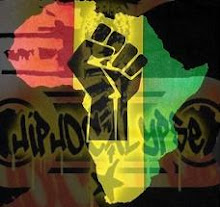

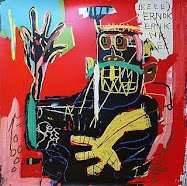


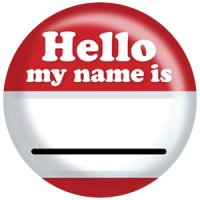


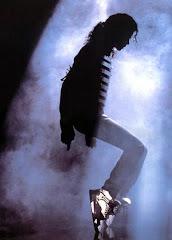
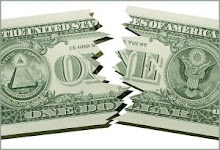
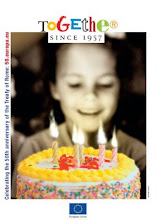
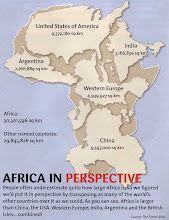
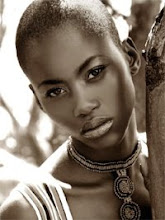
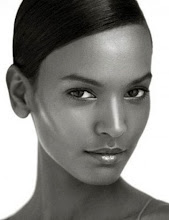

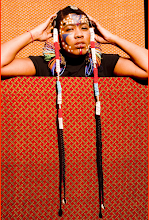

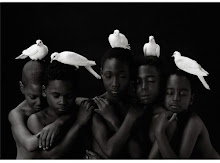





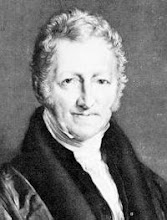


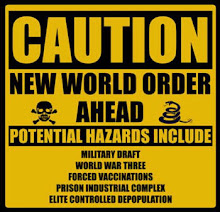
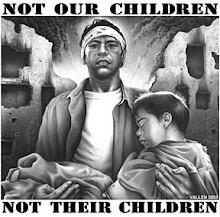
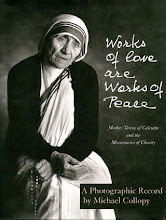
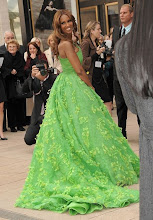
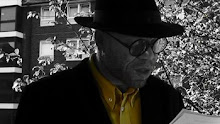


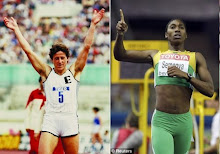

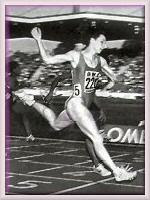
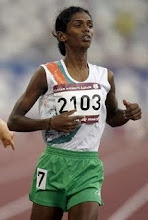
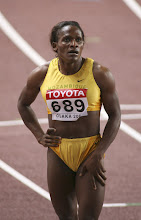


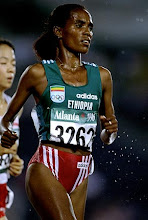
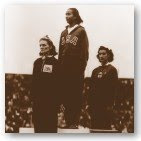

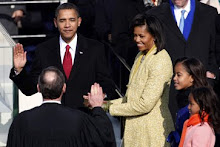
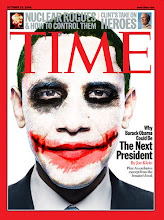
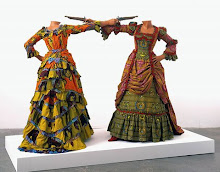

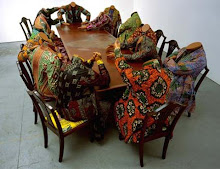


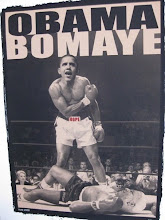




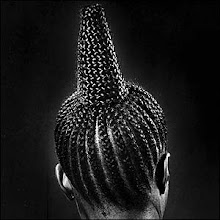







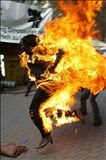
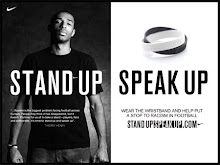

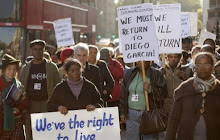




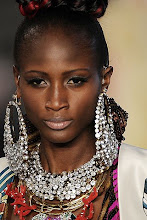


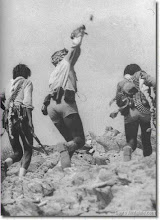
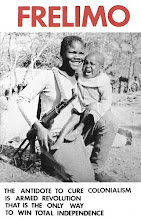
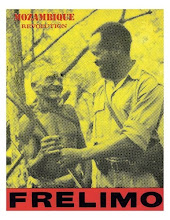

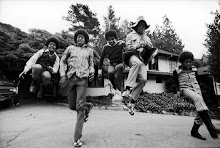
2 comments:
Gr8 interview, de man dem's a str8 4wd thinker, more people like him are needed in this world.
You got a link for the project?
Wsup
No I don't have a link I'm sure you can Google it, but here's sumthin:
http://www.maasaiwarrior.com/backend/print.asp?idkey=637
Post a Comment